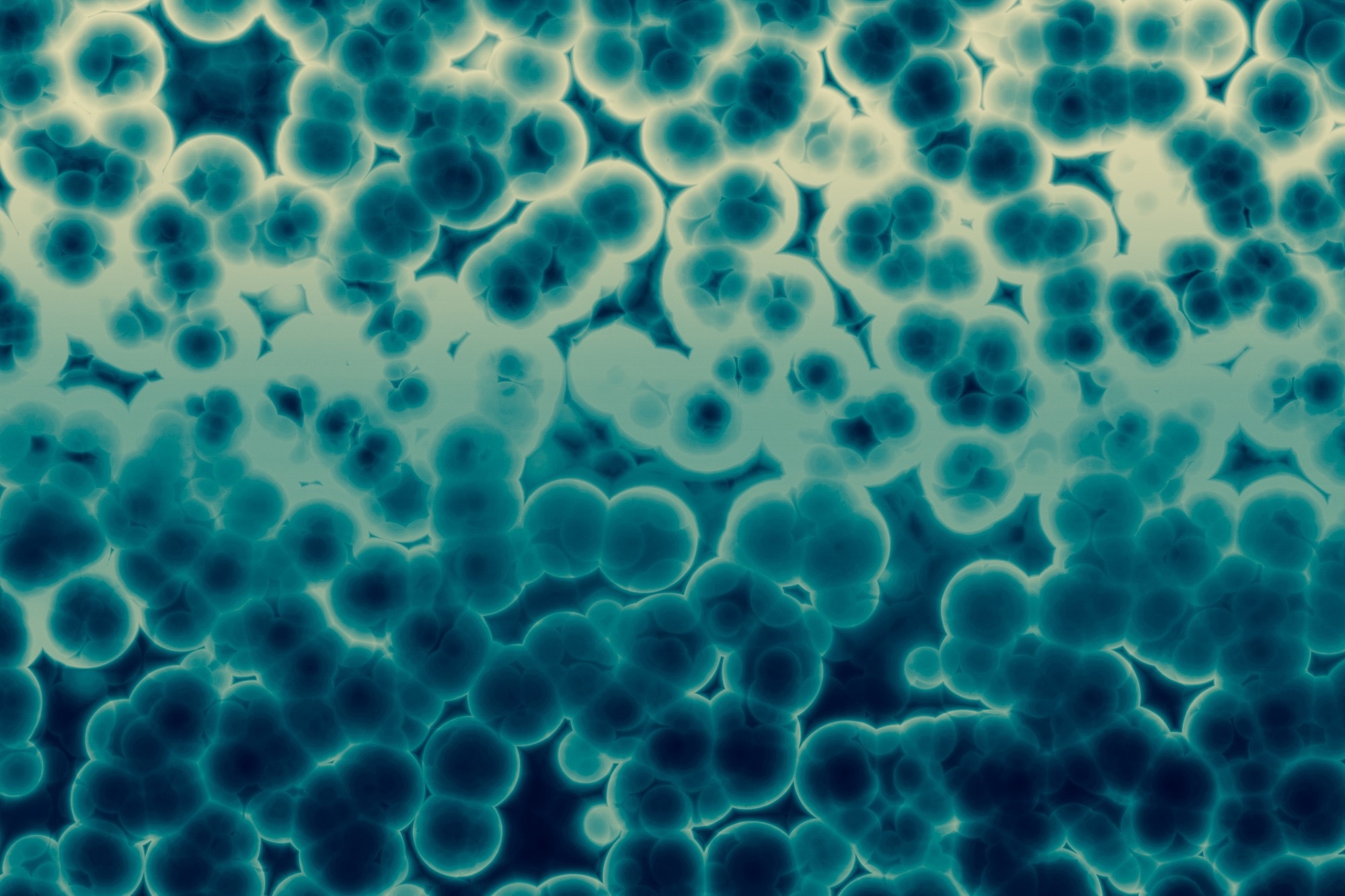Accuracy, reproducibility, and efficiency are essential in microbiology laboratories to ensure reliable microbial culture analysis. Conventional manual plating and streaking techniques, though effective, are susceptible to variability and contamination risks and often require labor-intensive handling.
 Image Credit: Berke/Shutterstock.com
Image Credit: Berke/Shutterstock.com
As research needs expand and high-throughput workflows become indispensable, the demand for automated plating and streaking systems has risen substantially.
Automated technologies can standardize microbial distribution, reducing human error while preserving sterility throughout the inoculation process. These systems enhance colony isolation, plating consistency, and workflow efficiency, allowing for scalable experiments and streamlined microbial screening.
Moreover, automation can lower operator fatigue, strengthen data integrity, and support large-scale applications, making it a crucial development in contemporary microbiology studies and clinical diagnostics.
The QPix® FLEX™ Microbial Colony Picker advances microbial studies by automating colony plating, streaking, and sample traceability. This improves data integrity and reproducibility while eliminating labor-intensive processes. Its compact design allows it to fit seamlessly on a benchtop or within a hypoxic chamber.
By simplifying essential microbial workflows and optimizing sample selection, the QPix FLEX system increases research efficiency and minimizes manual effort, allowing researchers to concentrate on discovery over routine activities.
The study described in this application note validates the accuracy, dependability, and efficiency of the QPix FLEX system’s automated plating and streaking capabilities. By removing the variability linked to manual microbial handling, the system guarantees consistent colony distribution, improves single-colony isolation, and maintains sterility throughout the plating and streaking process.
This technology is especially useful in assays for coliform identification, IPTG/X-Gal for blue-white screening, and specialized microbial media. Automated selection improves experimental reproducibility, data integrity, and high-throughput analysis, supporting durable and scalable microbiological studies.
High-quality color images facilitate the implementation of a color-based differentiation method. This approach is based on soluble colorless molecules (known as chromogens). When an enzyme from the target organism cleaves the colorless chromogenic conjugate, a chromophore is released, causing a distinct color to be developed by the microbial colony.
The QPix FLEX Microbial Colony Picker simplifies microbial studies by automating colony picking, reducing manual workload while maintaining efficiency. Its compact design permits seamless integration on a benchtop or within a hypoxic chamber, making it suitable for a range of laboratory settings.
This system incorporates high-resolution color imaging to accurately identify and select colored microbial colonies. With this cutting-edge feature, the QPix Flex guarantees precise differentiation based on pigmentation, supporting automated, color-based colony grouping.
About Molecular Devices UK Ltd
Molecular Devices is one of the world’s leading providers of high-performance bioanalytical measurement systems, software, and consumables for life science research, pharmaceutical, and biotherapeutic development. Included within a broad product portfolio are platforms for high-throughput screening, genomic and cellular analysis, colony selection, and microplate detection. These leading-edge products enable scientists to improve productivity and effectiveness, ultimately accelerating research and the discovery of new therapeutics. Molecular Devices is committed to the continual development of innovative solutions for life science applications. The company is headquartered in Silicon Valley, California, with offices around the globe. For more information, please visit www.moleculardevices.com.
Sponsored Content Policy: News-Medical.net publishes articles and related content that may be derived from sources with which we have existing commercial relationships, provided such content adds value to the core editorial ethos of News-Medical.Net, which is to educate and inform site visitors interested in medical research, science, medical devices, and treatments.